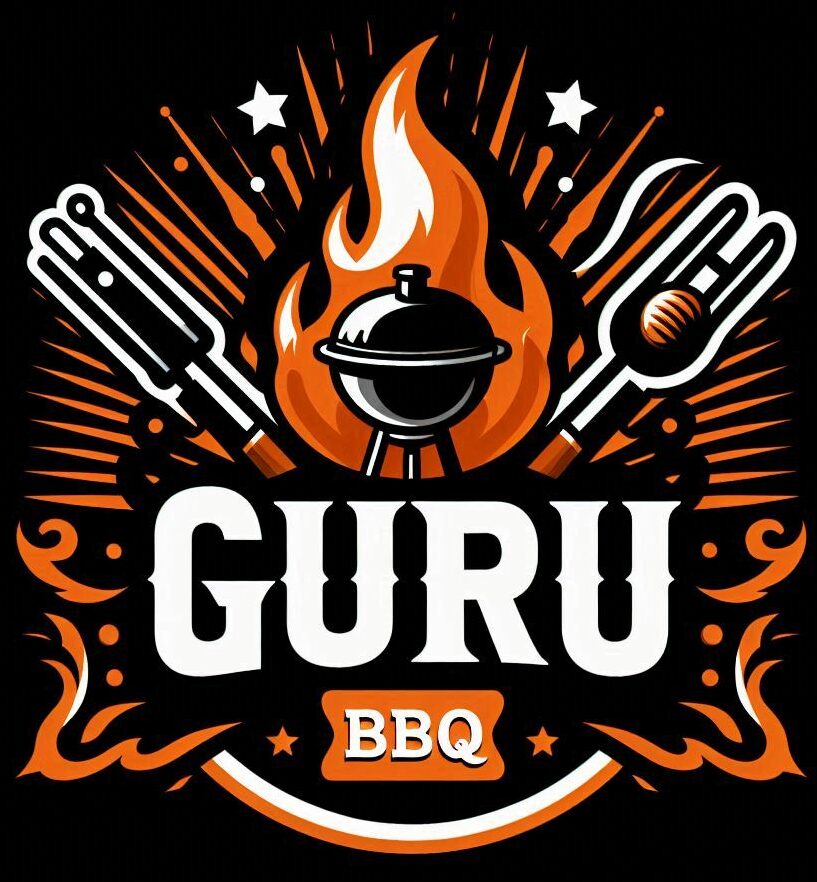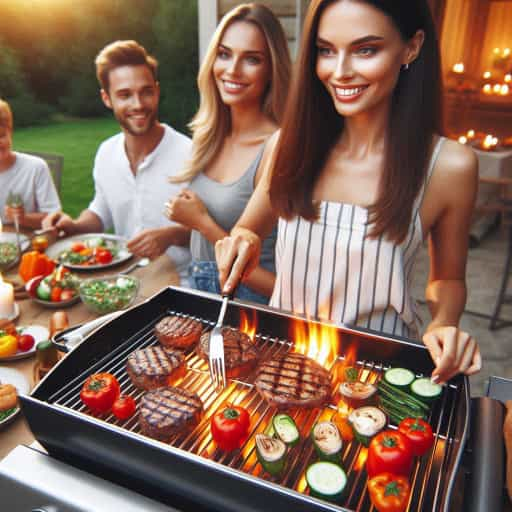Alright, so figuring out what you need from a BBQ grill can seem like a bit of a puzzle. This is where you start. Why? Because this step sets the tone for everything else. You’re not just buying a grill; you’re making a decision that’ll impact your weekend cookouts, family gatherings, and maybe even your reputation as the neighbourhood BBQ master.
First up, identify your primary BBQ uses. Are you planning to grill, smoke, or roast? Different grills offer different advantages, so this choice is a biggie. If you love classic grilling with those beautiful char marks, a gas or charcoal BBQ might be your best bet. Smoking and roasting might steer you towards pellet grills or smokers.
Next is your frequency of use and the number of people you’re cooking for. If you’re only firing up the BBQ for occasional weekend burgers, your needs will be different than someone who’s grilling every other night for a family of six. Heavy users might need a more robust, durable BBQl with a large cooking surface.
Budget is also a key player here. High-end grills come with all the bells and whistles but can put a serious dent in your wallet. Don’t worry, though; there are fantastic budget-friendly options that don’t compromise on quality. The key is to find a balance between what you want and what you can afford.
Don’t forget to consider your space and portability needs. Living in an apartment? Go for something compact and portable. Got a sprawling garden? Feel free to splurge on that big, stationary BBQ you’ve been eyeing. If camping or tailgating is your thing, portability becomes a non-negotiable aspect.
Key Features of a Good BBQ Grill
Let’s talk features because the right BBQ should feel like an extension of you. First off, check for durability. Solid construction, high-quality materials like stainless steel or cast iron, and a sturdy frame are non-negotiables. You don’t want something that’ll rust or fall apart after a season or two.
Temperature control is crucial. Look for grills with adjustable heat settings or dual-zone capabilities. Consistent heat means fewer guesswork and more perfectly cooked meals. Speaking of heat, consider the fuel type. Gas BBQ’s offer convenience with quick start-up, while charcoal BBQ’s bring that smokey flavour. Electric and pellet grills are also great but come with their own pros and cons.
Additional features can make or break your grilling experience. Side burners are awesome for multitasking, and storage space keeps your tools handy. A rotisserie attachment can take your grilling game up a notch, and built-in thermometers help you keep tabs on internal temperatures without lifting the lid every five minutes.
Think about the grill’s cooking surface too. Ample space means you can cook for a crowd without breaking a sweat. Warming racks are useful for keeping your food toasty while you finish up the rest. Don’t forget the importance of ease of cleaning. Removable grease trays and non-stick grates can save you a lot of time and hassle post-BBQ.
Factors to Consider Before Embracing Grilling
Grilling isn’t just a cooking method; it’s a lifestyle choice. Before diving in, think about the health aspects. Grilling can be a healthier option compared to frying, offering leaner and more flavorful dishes. However, be mindful of potential risks like charred meat, which may have some health concerns. Moderation and proper technique can help mitigate these risks.
The environmental impact of grilling is another consideration. Charcoal BBQ’s, for instance, are notorious for their carbon footprint. If sustainability is a priority for you, look into more eco-friendly options like pellet or electric BBQ’s, which produce less smoke and fewer pollutants.
Safety should be top of mind. Open flames and high temperatures mean you need to be vigilant. Make sure you have a safe grilling space, away from flammable materials, and always keep a fire extinguisher nearby. Understanding proper BBQ maintenance can also go a long way in preventing accidents.
Skill level and ease of use are important, too. Some BBQ’s come with a steep learning curve, while others are as straightforward as turning a knob. Consider how much effort you’re willing to put into mastering your grill. Pellet and gas BBQ’s often offer the easiest user experience, while charcoal and smoker BBQ’s might require more hands-on attention but reward you with unparalleled flavor.
Considerations When Purchasing a BBQ Grill
Research is your best friend. Don’t just jump on the first deal you find. Take your time to compare different brands and models. Look at what they offer, check out the features, and see which ones align best with what you need.
Warranty and customer service are big deals. A good warranty can save you a lot of hassle and money down the road. Make sure the company backs their product and offers accessible, reliable customer support.
Reading reviews can offer real insights. Customer feedback can give you a glimpse into the pros and cons of a BBQ from people who’ve actually used it. Expert reviews can add another layer of understanding, especially about performance and durability.
Long-term maintenance and upkeep costs should also factor into your decision. Some grills require more care than others. Think about how much time and effort you’re willing to put into maintaining your BBQ. Removable parts, easy-to-clean surfaces, and available spare parts can make a world of difference.
When you zero in on a few options, remember to consider the overall value, not just the price. Sometimes spending a little more upfront can save you money—and headaches—later on.

